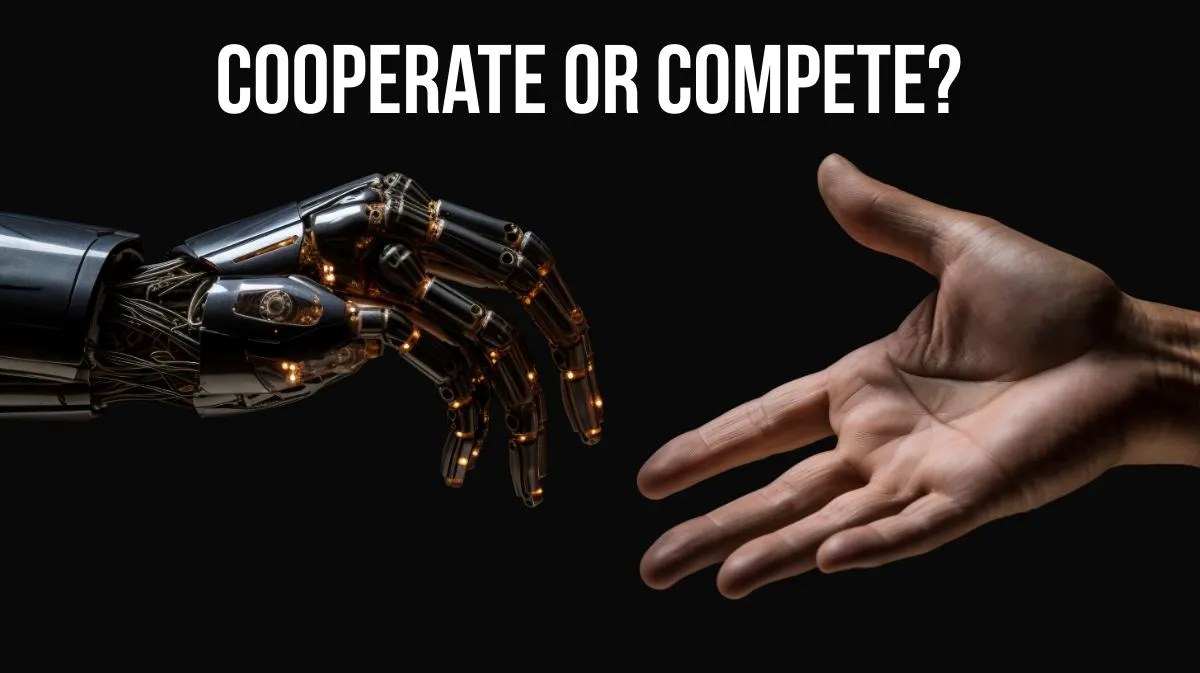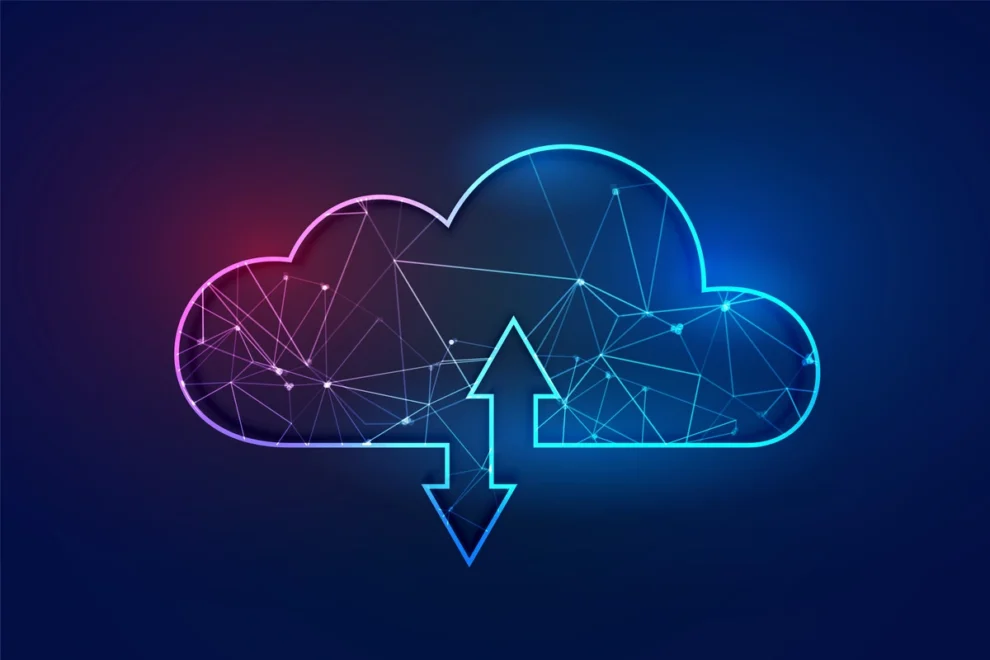
SARKARI RESULT
LATEST SARKARI RESULT 2024 ONLINE FORM

SARKARI RESULT
LATEST SARKARI RESULT 2024 ONLINE FORM
Will AI and Humans Cooperate or Compete?
In recent years, artificial intelligence (AI) has made significant advancements, raising questions about its impact on society and the future of work. As AI continues to evolve, there is a growing concern about whether it will lead to cooperation or competition between AI and humans.

This article explores the potential scenarios and implications of AI-human interaction.
The Role of AI
Artificial intelligence refers to the development of computer systems capable of performing tasks that typically require human intelligence.
AI technologies, such as machine learning and natural language processing, have already demonstrated their ability to automate repetitive tasks, analyze vast amounts of data, and make predictions with a high degree of accuracy.
AI has the potential to revolutionize various industries, including healthcare, finance, transportation, and manufacturing. It can improve efficiency, enhance decision-making processes, and unlock new opportunities for innovation.
However, concerns arise when considering the impact on human employment and the overall relationship between AI and humans.
Cooperation: Humans and AI Working Together
One possible scenario is that AI and humans will collaborate and work together, complementing each other’s strengths and weaknesses.
AI can handle repetitive and mundane tasks, freeing up human workers to focus on more complex and creative endeavors. This collaboration can lead to increased productivity, improved efficiency, and the development of new job roles.
For example, in healthcare, AI algorithms can analyze medical images and data to assist doctors in diagnosing diseases more accurately.
In customer service, AI-powered chatbots can handle routine inquiries, allowing human representatives to handle more complex customer issues. In manufacturing, AI can automate assembly lines, while human workers can focus on quality control and problem-solving.
Cooperation between AI and humans can also lead to the development of hybrid roles, where humans and AI systems work together to achieve better outcomes.
This collaboration can enhance decision-making processes by combining the analytical capabilities of AI with human intuition, empathy, and ethical considerations.
Competition: AI and Humans in Conflict
On the other hand, there are concerns that AI may replace human workers, leading to job displacement and increased inequality.
As AI technologies become more advanced, there is a possibility that they could perform tasks currently done by humans more efficiently and at a lower cost.
This scenario raises questions about the future of work and the need for upskilling and reskilling the workforce. It is crucial to ensure that individuals have the necessary skills to adapt to the changing job market and take advantage of the opportunities created by AI.
However, it is important to note that while AI can automate certain tasks, it is not capable of replicating the full range of human capabilities.
AI lacks creativity, emotional intelligence, and the ability to understand complex social dynamics. These uniquely human qualities are essential in many industries, such as art, design, counseling, and leadership.
Conclusion
The future relationship between AI and humans will likely involve a combination of cooperation and competition. While AI has the potential to automate certain tasks and improve efficiency, it is unlikely to completely replace human workers in most industries.
Instead, AI and humans can work together to achieve better outcomes, leveraging their respective strengths.
It is crucial for society to adapt to the changing landscape and ensure that individuals have the necessary skills to thrive in an AI-driven world.
This includes investing in education and training programs that focus on developing the skills that are uniquely human and difficult to replicate by AI.
Ultimately, the successful integration of AI into society will depend on a collaborative approach that prioritizes the ethical and responsible use of AI technologies.
By harnessing the potential of AI while valuing human capabilities, we can create a future where AI and humans coexist and thrive.





